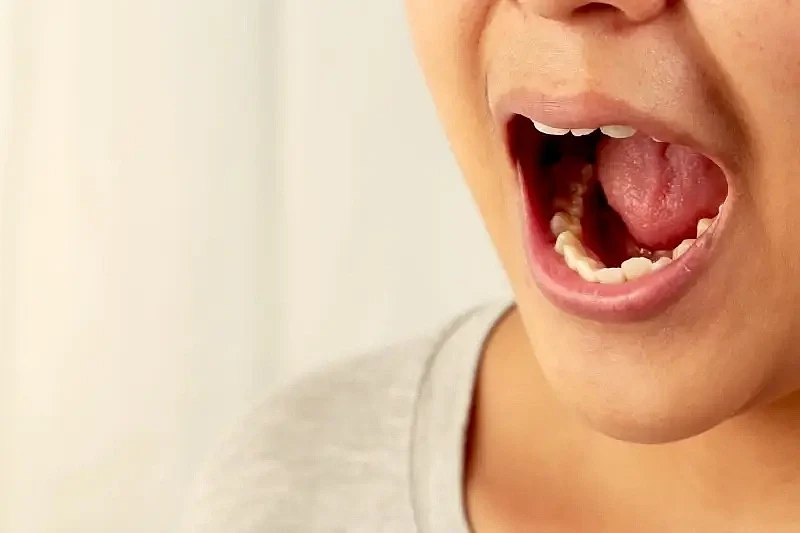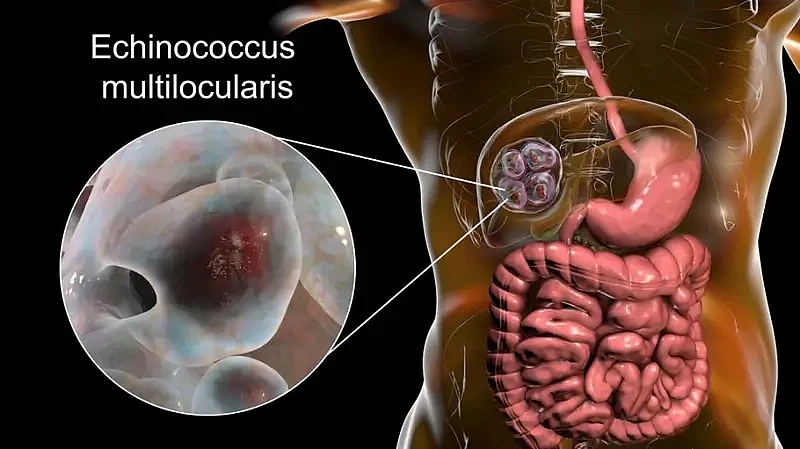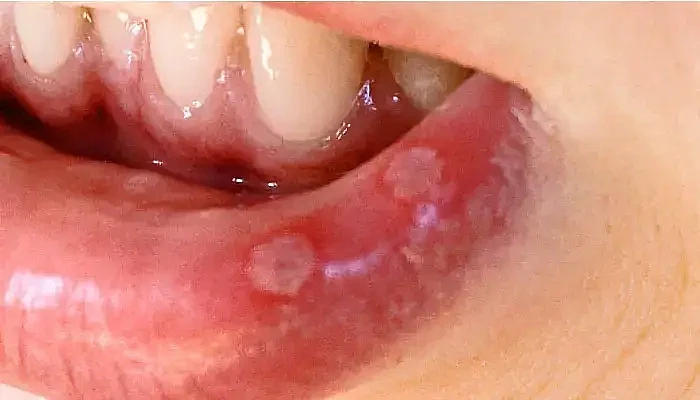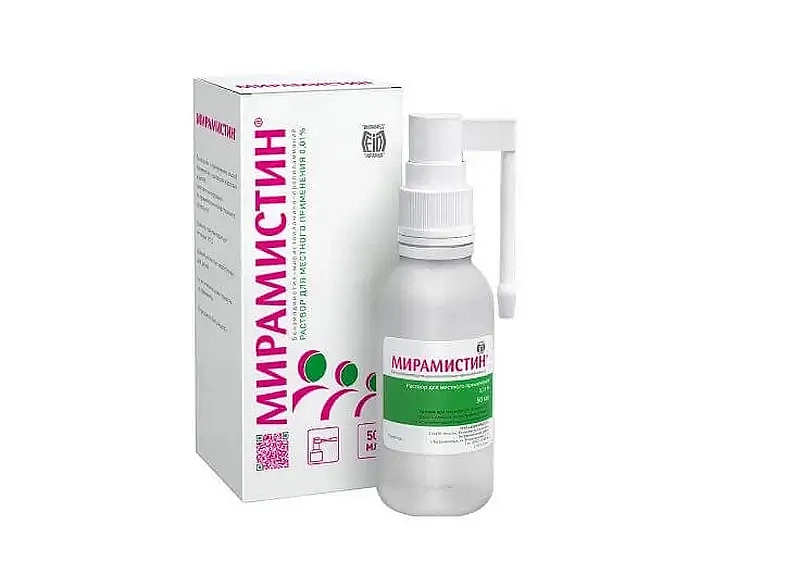Bitterness in the mouth in children, what are the reasons

Often, people, particularly those over age 40 to 45, become anxious about a bitter mouth. Unfortunately, this unpleasant symptom is not always given due weight, while its appearance may indicate the development of serious chronic diseases. In most cases, a gastrointestinal disorder is the cause of mouth bitterness. Duodenogastric reflux usually occurs, in which the contents of the duodenum that contains bile acids are pumped into the stomach, and a small amount of bile acid then enters the mouth through the esophagus. Causes of digestive system malfunction vary widely and may be related to both nervous system malfunction and gastrointestinal diseases.
Bitterness of the mouth is a bitter taste caused by irritation at G-protein-associated T2P receptors. These receptors are present in the mouth and upper airways.
It is important to consider the frequency and associated symptoms to identify the cause of bitterness. It is also worth paying attention to the events that preceded the appearance of this feeling.
Bitterness is usually more common among adults and older adults and is uncommon among children. It can be caused by both functional disorders and serious illnesses. Bitter mouth, therefore, requires attention and a thorough medical evaluation.
Bitterness in the mouth in children, what could be the reasons
Bitter mouth in children has the same causes as in adults. However, in children, this symptom is most often due to the following:
- Poisoning caused by bacteria or toxic substances.
- Helminthiases.
- Problems with the gastrointestinal tract.
- Inflammation in the mouth and nasopharynx.
- Eating food that contains many spices.
Food poisonings caused by bacteria are commonly accompanied by inflammation of the mucous membranes of the gastrointestinal tract and disruption of its motility. This results in the duodenal contents being pushed into the stomach and esophagus. In these poisonings, the child may experience bitterness, nausea, diarrhea, general intoxication (weakness, fatigue, drowsiness), and sometimes fever. These poisonings usually result from eating food that is substandard or contaminated with pathogens.
Bitterness in the mouth can also be associated with intoxication caused by exposure to toxic substances, such as lead and other heavy metals, on the child's body. In such cases, bitterness is often accompanied by neurologic dysfunction.
Children often do not give adequate attention to hygiene, which contributes to the spread of helminthiases. Disorders such as echinococcosis, opisthorchiasis, giardiasis, and toxocariasis affect the gastrointestinal tract and liver, causing nausea and bitterness in the mouth.
Echinococcosis is caused by tapeworms that parasitize the intestines of dogs and cats. Their eggs are released into the environment with animal feces. When eggs hatch in the gastrointestinal tract of humans or other animals, the larvae hatch into the intestinal lumen and then migrate through the bloodstream to various organs and tissues. Because blood from the digestive organs enters the portal vein, the liver is most often affected. Liver cysts develop, and enlargement may impair the biliary system, resulting in a bitter mouth.

Opisthorchiasis is most common among river fish lovers, including fishermen and their families. Parasites live in the muscles of infected fish. When infected fish are eaten, larvae penetrate the bile ducts and gallbladder, causing dysfunction. It may manifest with bitterness in the mouth and other unpleasant symptoms.
Giardiasis is a fairly common parasitic disease among children, transmitted by eating uncooked foods (fruits, vegetables, berries). Giardiasis affects the lining of the intestine. Complications such as biliary dyskinesia and neurasthenic syndrome are also common.
Toxocariasis is caused by ascarid larvae that enter the bloodstream through the wall of the intestine. Infection is usually due to poor hygiene. After the portal vein, many larvae settle in the liver and other organs. They are surrounded by foci of perifocal inflammation, which externally manifests as asthenic syndrome and fever.
Most helminthiases typically cause an increase in the number of eosinophils in the blood, which is an important diagnostic criterion. As a rule, the body of an adult and a child is almost equally adapted to the encounter with a parasite, and the wider spread of helminthiasis among children is due to the characteristics of their behavior.
Chronic gastroduodenitis may develop in children with altered food intake (large amounts of sweet) and irregular feeding, combined with stress (due to increased gastric acid secretion). Manifestations include abdominal pain, right upper quadrant heaviness, and recurrent bile-drenched vomiting, heartburn, belching, and constipation. Bitter mouth (due to dyskinesia of the biliary tract or vomiting of gastric and duodenal contents) may occasionally occur in patients with gastrointestinal dysfunction.
Inflammatory processes, which are primarily associated with the viral lesion of the oral mucosa, and due to hypovitaminoses, can be accompanied by a change in perception of taste receptors with the appearance of a feeling of bitterness on the tongue.
Inflammatory processes in the mouth include
- stomatitis;

- gingivitis;
- Abscesses in the nasopharynx
- acute tonsillitis;
- purulent tonsillar plugs.
- Microbial waste products cause a bitter taste.
Often, children eat sweets, chips, and other foods that contain many chemicals, which may have a bitter taste when exposed to receptors.

